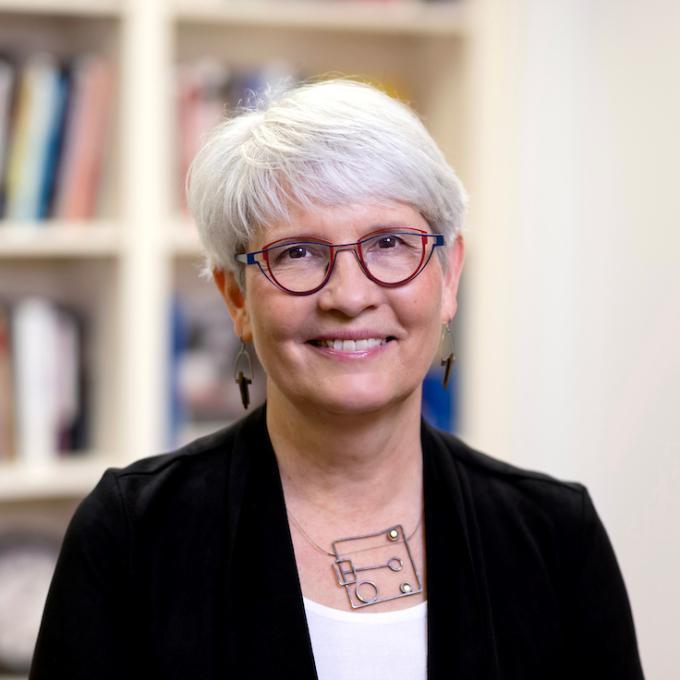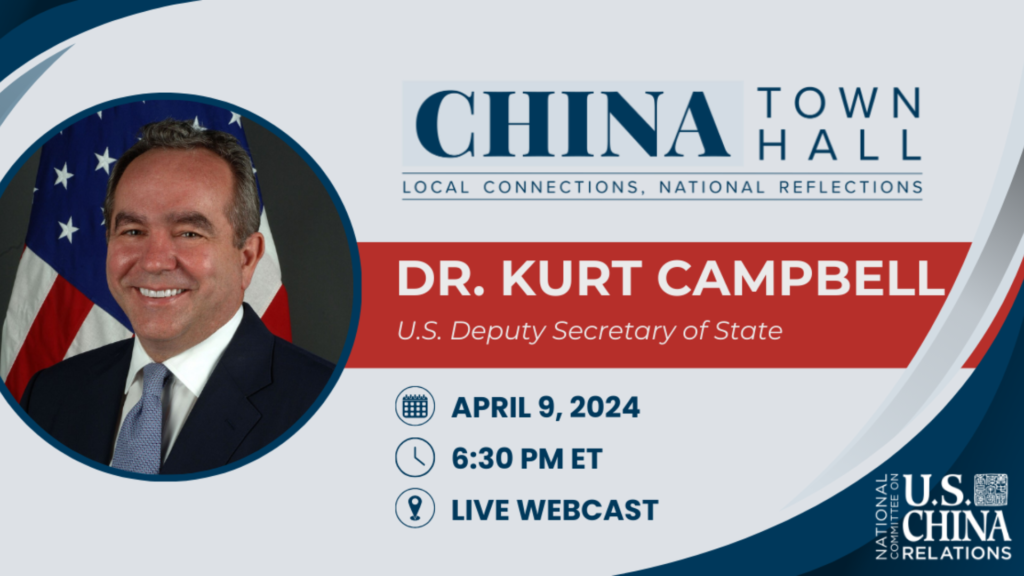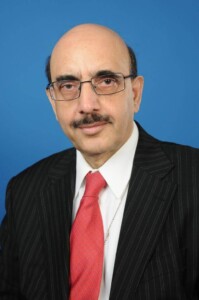
Military History for the Modern Strategist: America’s Major Wars Since 1861 (and Lessons for Today)
The recent conclusion to the war in Afghanistan — America’s longest and one of its most frustrating — serves as a vivid reminder of the unpredictability and tragedy of war.
In this timely book, military expert Michael O’Hanlon examines America’s major conflicts since the mid-1800s: the Civil War, the two World Wars, Korea, Vietnam, Iraq, and Afghanistan. O’Hanlon will also offer expert insight into understanding the military of today, and expectations on defense and security in the future from the perspective of his book “Defense 101: Understanding the Military of Today and Tomorrow” published in 2021.
Join the World Affairs Council of Charlotte for an intimate small-group discussion on Wednesday, May 17 with Dr. Michael O’Hanlon, Senior Foreign Policy Fellow at the Brookings Institution. He will offer insight into military trends over the course of history and answer your questions about regional security, defense strategies, and the future of the military in a world that’s constantly changing.
Washington Journal
Dr. Michael O’Hanlon on Worldwide Threats Against U.S.
Dr. Michael O’Hanlon from the Brookings Institution talked about key worldwide threats against the United States. — Watch Now
Program Information:
Date:
Wednesday, May 17, 2023
Check-In and Pre-Dinner Networking:
6:00 p.m. – 6:30 p.m.
Dinner & Discussion
6:30 p.m. – 8:00 p.m.
Location:
Charlotte City Club Directions to the parking garage (set your GPS to 116 W. 4th Street, Charlotte, NC 28202)
Parking is validated
Cost:
$110 (WACC Member Rate)
$140 (Non-Member Rate)
*Dinner included pre-dinner wine, salad, entrée, dessert, coffee, and wine during dinner.
- Please call 704-687-7762 for credit card payments over the phone.
- Checks can be mailed to “World Affairs Council of Charlotte, 9201 University City Blvd., CHHS 227, Charlotte, NC 28223.
Biography:
Michael E. O’Hanlon is a senior fellow and director of research in Foreign Policy at the Brookings Institution, where he specializes in U.S. defense strategy, the use of military force, and American national security policy. He directs the Strobe Talbott Center on Security, Strategy, and Technology, as well as the Defense Industrial Base working group, and is the inaugural holder of the Philip H. Knight Chair in Defense and Strategy. He co-directs the Africa Security Initiative as well. He is an adjunct professor at Columbia, Georgetown, and George Washington universities, and a member of the International Institute for Strategic Studies. He also serves as a member of the Defense Policy Board at the U.S. Department of Defense. O’Hanlon was a member of the external advisory board at the Central Intelligence Agency from 2011-12. O’Hanlon’s latest book, “Military History for the Modern Strategist: America’s Major Wars Since 1861” (Brookings and Rowman & Littlefield, 2023) was published in January 2023.
O’Hanlon has written several hundred op-eds in major domestic and international newspapers. His articles have appeared in Foreign Affairs, The National Interest, Survival, Washington Quarterly, Joint Forces Quarterly, and International Security, among other publications. O’Hanlon has appeared on television or spoken on the radio more than 4,000 times since September 11, 2001.
O’Hanlon was an analyst at the Congressional Budget Office from 1989-1994, where he won the Director’s Award in 1992. He also worked previously at the Institute for Defense Analyses. His doctorate from Princeton is in public and international affairs, where he was awarded a National Science Foundation fellowship. His bachelor’s and master’s degrees, also from Princeton, are in the physical sciences. He served as a Peace Corps volunteer in the Democratic Republic of Congo from 1982-84, where he taught college and high school physics in French. Earlier, he worked on a dairy farm in Upstate New York, where he grew up, and attempted (unsuccessfully) with a team of Princeton experimental physicists in the “Gravity Group” to disprove Einstein’s General Theory of Relativity.
















